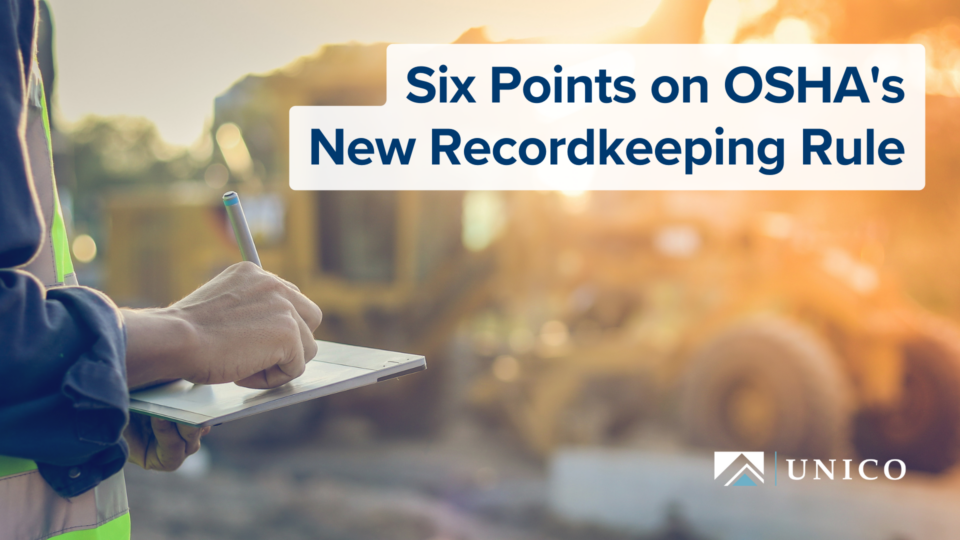
As if Workers’ Compensation wasn’t complex enough already, the COVID-19 crisis has created a whole new level of complexity. Below are some frequently asked questions we have received on the impact of COVID-19 on Workers’ Compensation:
1
My business has temporarily laid-off/furloughed employees, although we are still paying them. How will this impact my Workers’ Compensation premium?
The National Council on Compensation Insurance (NCCI) filed new rules on April 23 that allows for the exclusion of monies you pay your employees not to work.
What you need to know:
- These rules will apply beginning March 1, 2020. Any policy that was effective on 3/1/20 is covered by these rules. This is important because generally speaking, rules only impact a policy if they were effective on or before the inception of the policy.
- Payments to employees who are not working is reported to code 0012 and EXCLUDED, provided the employer “keeps separate, accurate, and verifiable records. If separate, accurate, and verifiable records are not maintained, payroll is assigned to the classification for work normally performed by the employee…”
- Item on code 0012 will be done at audit.
- Payroll reported to code 0012 is also excluded from Experience Rating
- In states where there is an “Audit Non-Compliance Charge,” this charge has been removed. If an employer can not be audited, the insurance company is to report the estimated payroll.
These rules apply until 12/31/20, but NCCI notes this “may be amended to an earlier or later date as circumstances warrant in consultation with state regulatory
Important notes:
- This filing has been approved in the states listed below. Oregon and Texas are the only two states regulated by NCCI that have not approved these rules.
- To exclude this pay from your premium, you must keep “separate, accurate, and verifiable records” to provide the insurance company auditor when your policy expires. Without these records, the insurance company will have to include the pay in your premium calculation.
- This rule is only applicable when an employee is not performing ANY duties for you. If the worker is performing tasks in service of the employer, the payroll will be reported to the appropriate classification, and premium will be charged appropriately.
- This rule will be effective retroactively to March 1, 2020. It will expire on December 31, though this date may be adjusted as circumstances warrant.
- This includes paid sick leave or paid FMLA approved by congressional action in response to the crisis.
2
My employees are now working from home. Can their Workers’ Compensation Class Code assignment change?
The answer to this question will depend on the specific circumstances of each situation. If the employee was already classified in 8810 (Clerical Office), their classification would change to 8871 (Clerical Telecommuter).
In order for other employees to qualify for a change in classification, their job must change.
It’s critical you discuss your situation with a Certified WorkComp Advisor to find the correct answer for your business.
3
My employee has been diagnosed and their illness has been accepted as a workers’ compensation claim. Will this impact my Experience Modification Factor?
In May, NCCI filed Item E-1407 which will exclude COVID-19 claims from the experience mod. As of 6/18/2020, the states listed below have approved this filing.*
| Alabama | Alaska | Arizona | Arkansas | Colorado | Connecticut |
| District of Columbia | Florida | Georgia | Hawaii | Idaho | Illinois |
| Indiana | Iowa | Kansas | Kentucky | Louisiana | Maine |
| Maryland | Mississippi | Montana | Nebraska | Nevada | New Hampshire |
| New Mexico | North Carolina | Oklahoma | Rhode Island | South Dakota | Tennessee |
| Vermont | Virginia | West Virginia | |||
*California, Michigan, Wisconsin, New York, Pennsylvania, Delaware, Massachusetts and Minnesota have independent rating bureaus that have separate rules.




